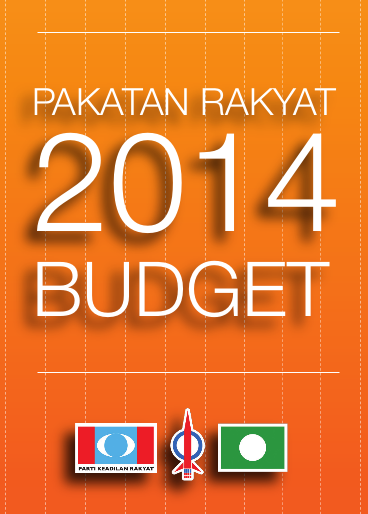MCMC's defence of the award of the biggest share of the 4G-LTE spectrum to Puncak Semangat is lame
Malaysian Communications and Multimedia Commission (MCMC) has defended its decision to award the biggest share of the 4G-LTE spectrum to Puncak Semangat Sdn Bhd which is owned by tycoon Tan Sri Syed Mokhtar Al-Bukhary.
Its chairman, Datuk Mohd Sharil Tarmizi said on Tuesday that the award is to "introduce additional competition". He said "look at the market now, if we left those 8 players on their own, where would the solutions, applications and innovation be?"
Datuk Mohd Sharil Tarmizi also said that MCMC has the power to "take back the spectrum" should players fail to meet their targets.
The MCMC Chairman's response defies all logic because, if the 8 existing players are "not" competing by providing "innovation" today, then MCMC must be responsible for allowing the collusion between the 8 parties. Under the Malaysia Communications & Multimedia Act, the MCMC is the authority to promote competition and bar collusion between telecommunication players. And certainly, by international standards, 8 players are more than sufficient to generate a highly competitive environment. Most other developed nations have far fewer than 8 players in the industry, and yet remain highly competitive and innovative.
While we are all for competition in the industry, the manner in which the license and quota is awarded must be questioned. Some of the companies awarded with 3G and WIMAX licenses by MCMC have failed miserably, proving that MCMC is not an all-seeing "oracle".
The fact that MCMC has the power to retract its award at any time does not give basis to an award of the largest share of the bandwidth to a completely new player in the industry.
Furthermore, a regulator's role is certainly not to play "judge" in evaluating business plans, but to facilitate competition, prevent monopolistic practices and ensuring quality service provision.
If the argument that the arbitrary award to Puncak Semangat is to improve competition rest on shaky grounds, then Datuk Sharil's statement that MCMC decided against an auction for the bandwidth because "the highest bidder may not necessarily be the one with the best ideas" holds even less water.
MCMC's decision against an auction for the bandwidth is contrary to international best practices where both developed and developing countries have raised valuable income for the Government while promoting a highly competitive telecommunications industry. UK, Germany, Sweden and even Thailand have held auctions, raising billions of ringgit in proceeds, while Singapore, Taiwan and Brazil are planning their auctions for next year.
Datuk Sharil was quoted by The Edge Financial Daily that "an auction is best when the spectrum is convenient and quality of the spectrum is not a problem" does not even make any sense. It sounds like a response designed to confound the people, without even beginning to answer the question.
A company that is committed and believes it will trump the competition will be more than able to participate in an auction for the new spectrum. And should the company fail, the MCMC still has the power to withdraw its award while keeping the proceeds of the auction. Hence under such circumstances, there is even greater incentive for the players to compete and innovate to ensure a successful business. This will at the same time benefit consumers.
MCMC must commit to the Prime Minister Datuk Seri Najib Razak's own slogan that "the era where the Government knows best is over", and let the market play its part in determining the winner. MCMC should instead focus on its role to prevent collusion between industry players, punish players who fail to provide quality services and create an even playing field for all parties in the industry.
Otherwise, it becomes clear that MCMC is over-extending its regulatory role to play "god" of the industry by deciding which company's profit to fatten, and ignoring the interest of the millions of telecommunication users in Malaysia.
